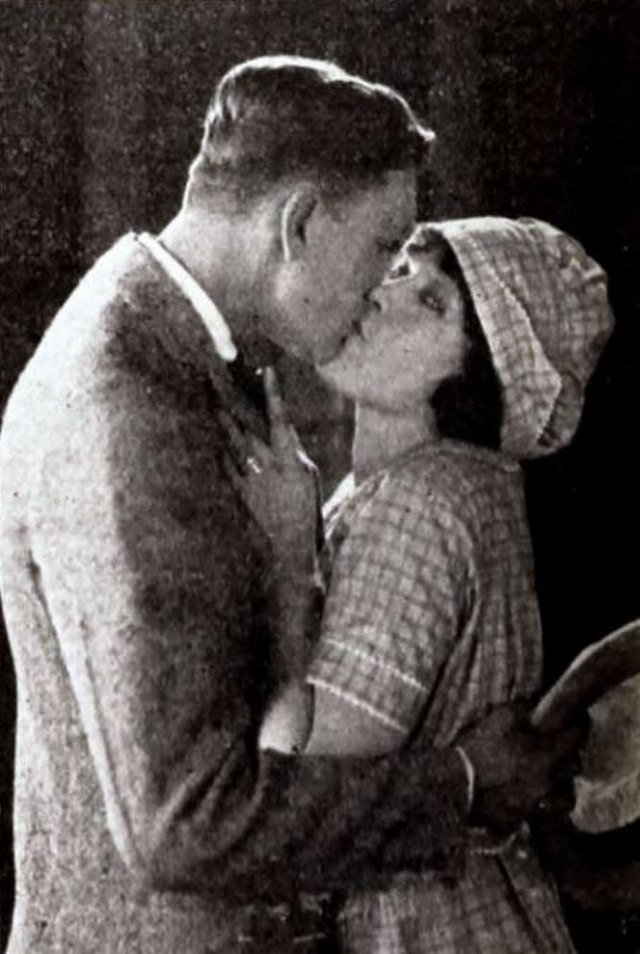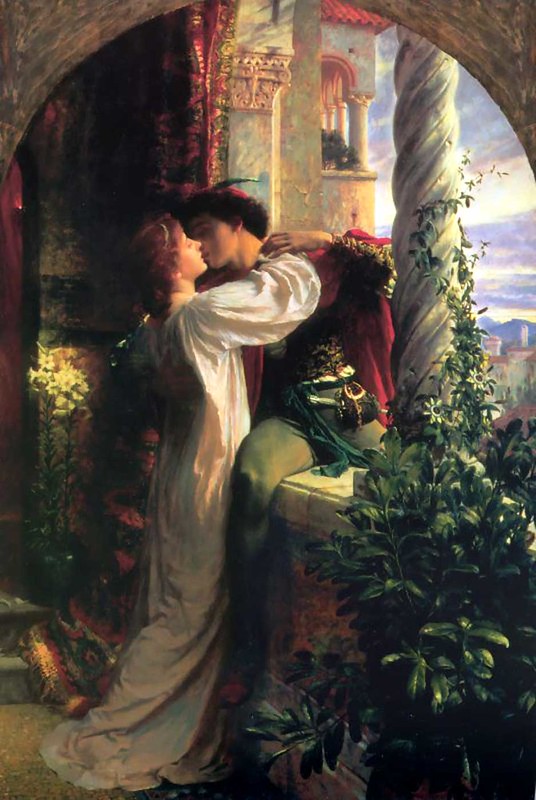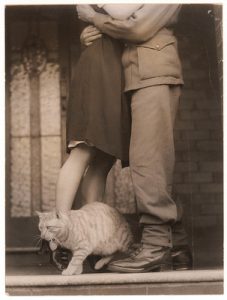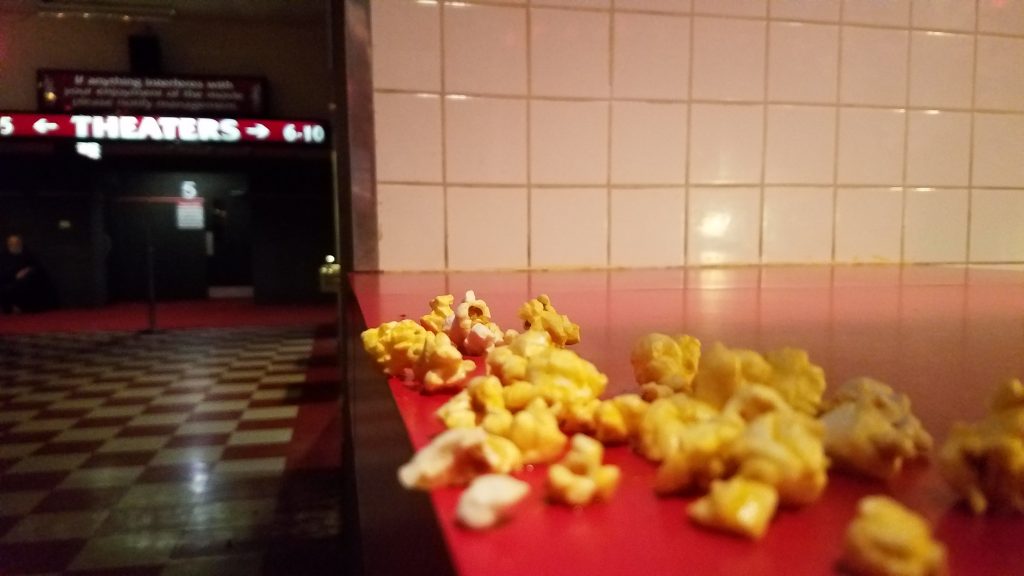Most people don’t closely analyze what type of media they consume. Sure, they’ll look over the summary of a movie or maybe even glance through reviews, but they won’t try to understand how it could impact future choices they make. If you were to explain to them that bingeing romance movies heavily increases their chances of developing certain ideas about what a romantic relationship should be, as well as influencing the type of romantic partner they will want in the future, would they reconsider what they watch?
Younger audiences tend to be influenced by romance portrayed in movies, as most of them haven’t had the time to actually form enough genuine relationships. They tend to idealize certain relationships and use romance that’s portrayed in films and in television shows as a sort of guide for how they should live their lives or what choices they should make.

This type of mirroring behavior is common regardless of the genre of the film, as there has been research conducted about the effects of film on adolescents. “Children’s lifetime superhero exposure may influence children’s risk-taking. Given American children’s substantial media exposure, research should continue to unpack the role of superhero media on children’s unintentional injury and other health risk behaviors.”1
To give an example of this, we have eighteen-year-old Elle Williams who has just started attending college away from her hometown, meaning she doesn’t have her friends around her to make her feel comfortable when she’s attending school, and she has no relatives living near her. She feels alone. All she wants is someone around her who cares. It’s hard living in a cramped dorm with no one to really speak to. All she does is watch movie after movie, barely making any friends as she’s holed up in her room, but can you really blame her? Almost everyone she’s tried to interact with is doing the same thing. Most people just don’t look too excited to have a conversation with a complete stranger. It’s not like Elle was completely friendless; she had a total of two friends that were not from her hometown. While she’s happy to even have any friends in college, she would be lying if she said she wasn’t upset when they couldn’t hang out more often with her. Her friends both had significant others, which meant that they would hang out with them rather than with Elle. While she was obviously happy for her friends, she couldn’t help feeling a tad envious. Elle had never had a serious relationship before. She had small crushes on people every other week, which would usually fade in a few days. Being the single friend really bummed her out; what was it about her that was unappealing? Why couldn’t she be swept off her feet by an attractive person and go on cute dates just like every other person was experiencing?

That was just how her life went. At least, that’s how it went until she met Daniel. Now Daniel was Elle’s dream guy. He was slightly taller than her, usually had a pair of wired earbuds stuck in his ears regardless of whether class was in session or not, and he wore oversized sweaters. Now, this might not seem like the most attractive person in the world, but to Elle, he was. Elle was experiencing the eros style of love, which is one of the six styles of love. She placed him at an “ideal” image of physical beauty, where she’s immediately drawn into him to the point where she disregards any immediate red flags in his behavior. But, to be fair, this is something that is normalized in romantic films, as it’s not revealed until the climax of the movie what someone’s true intentions are, or at least by then the rose-colored glasses come off the main character’s eyes.2
For example, in the movie Clueless, the main character Cher has fallen for a transfer student Christian, who’s unlike any of the boys in her class. She does so much to pursue him, due to her attraction to him, but she doesn’t even see that Christian is just not into her, or any girl for the matter.3
Now the film Romeo & Juliet showcases another big trope, that of love at first sight. One of the main characters, Romeo, goes to a costume party, where he lays eyes on the beautiful Juliet and immediately falls in love with her. This is highly unrealistic; no one actually falls in love with someone that fast; rather, they’re obsessed with the idea of someone.4
The normalization of first love at sight in movies is a very problematical trope, as it’s essentially creating a fantasy of someone you don’t know. This unknowingly influences audiences to create stories about who someone is, rather than actually paying attention to red flags in their behavior. This would ultimately lead to disappointment, as no one can live up to the fantasy that someone has created about him or her. “As the intensity of the longing and the passion felt and why eros disappoints many and drives some to abject despair. But not only is this desired state fleeting at best and unrealistic on the whole, the quest for it also is often self-defeating.”2
From the time they met, Elle and Daniel hung out consecutively for at least four months, where they went on dates and just had fun with each other. Honestly, Elle had been living in this state of euphoria, where everything feels great and nothing could ruin her mood; that is, until one of her friend’s asked if Elle and Daniel were exclusive now. What did that even mean? They hung out with each other almost every other day. Of course they were exclusive; they just hadn’t given it a defining label yet. She had seen enough romance movies to know that everything was fine, and nothing major had happened. She tried to convince herself that their lack of communication wasn’t anything that seriously bothered her; but it really did. “It may be that because the romantic comedy genre attracts a large female audience (Fischoff, Antonio, & Lewis, 1997), filmmakers are intentionally featuring the types of relationships that women want most—those in which both partners discuss the relationship.”6

Elle was now experiencing manic love, where she spends all of her free time obsessing over Daniel, and spends countless hours dwelling on all the things that could go wrong, creating more anxiety for her. She realized that she wanted that label “exclusive.” She needed that sense of security. Now, Elle was hoping for a happy ending with Daniel. However, that’s not how it went. She brought up her concerns to him one day, and he told her he never had any intention to be serious or exclusive with her. That broke her heart, and it seriously messed with her perception of romance for a while. But she had to get over it, at least after a few months of crying and watching more romance movies. People could say that watching so many of these movies is what got her here in the first place, and that statement holds some truth to it. Continuing to watch these films, rather than using other resources to help her redefine her concept of a realistic relationship, just perpetuates the challenge of entering into a meaningful relationship with a significant other.
Being able to recognize that movies can influence her choices in romantic relationships is a good thing. This will allow Elle to have a better view of what she values in a partner, and what’s important to her, rather than simply putting up with ambiguity. And now she’s cautious when she views her romantic partners. She no longer idealizes them, and puts them on a pedestal; rather, she is able to hold them accountable for their actions. Galician (2004), an author of a critical analysis of romantic media, argues that people seek romantic content in the media in order to see relationships that appear to work despite all obstacles. Further, previous work has documented that young people seek out romantic media content in order to learn about relationships.6
It’s important for everyone, especially younger audiences, to realize that the types of films they watch do impact decisions they make and how they may perceive themselves. By acknowledging that movies have this type of influence over the way that people think, it’ll become easier to distinguish fantasy from reality, and possibly save someone from another heartbreak, or help them take that leap of faith when meeting someone new.
- Casie H Morgan, Barbara A Morrongiello, and David C Schwebel, “Short- and Long-Term Effects of Superhero Media on Young Children’s Risk-Taking Behaviors,” Journal of Pediatric Psychology 46, no. 7 (August 2021): 779–89, https://doi.org/10.1093/jpepsy/jsaa133. ↵
- Francis Duffy, “Attraction and Love,” Salem Press Encyclopedia, 2021. ↵
- Amy Heckerling, Clueless, 1995, Paramount Pictures. ↵
- Baz Luhrmann, 1996, Romeo & Juliet, United States: Twentieth Century Fox. ↵
- Francis Duffy, “Attraction and Love,” Salem Press Encyclopedia, 2021. ↵
- Veronica Hefner and Barbara J. Wilson, “From Love at First Sight to Soul Mate: The Influence of Romantic Ideals in Popular Films on Young People’s Beliefs about Relationships,” Communication Monographs 80, no. 2 (June 2013): 150–75, https://doi.org/10.1080/03637751.2013.776697. ↵
- Veronica Hefner and Barbara J. Wilson, “From Love at First Sight to Soul Mate: The Influence of Romantic Ideals in Popular Films on Young People’s Beliefs about Relationships,” Communication Monographs 80, no. 2 (June 2013): 150–75, https://doi.org/10.1080/03637751.2013.776697. ↵



78 comments
Abbey Stiffler
This post was incredibly informative to me personally because I have always enjoyed viewing movies of many genres, especially romantic ones. Growing up, I used to have this predetermined vision of my ideal relationship, which was based on all the romance films I watched. It gives you kind of a false sense of reality that is not going to happen exactly like that.
Carolina Wieman
Movies do have a significant impact on the way we view the world and how we act. Within this article, the author focuses on love and the way that we learn from movies and tv shows. I always loved plays and opera movies that displayed such dramatic examples of love and heartbreak, so growing up I expected love to be in that manner. To my unfortunate surprise, it was not. What our parents and friends expose us to at a young age can help mold our brains into how we act and think when we are older.
Carolina Wieman
Movies do have a significant impact on the way we view the world and how we act. Within this article, the author focuses on love and the way that we learn from movies and tv shows. I always loved plays and opera movies that displayed such dramatic examples of love and heartbreak, so growing up I expected love to be in that manner. To my unfortunate surprise, it was not. What our parents and friends expose us to at a young age can help mold our brain into how we act and think when we are older.
Marissa Rendon
excellent article! I will say some movies have definitely changed the way younger viewers see love. This sorta gives younger viewers false hope on what love truly is. An example I liked that was used in this article was Romeo and Juliet, its a love story almost everyone wants until they find out they both die. And soon realize that, that isnt what love is. Another good example that was used was the movie clueless.
Alyssa Leos
I very much agree that romantic films could influence almost anyone; whether you’re a freshman in highschool or an adult. There’s always that hope that the guy in the movie will be the same out in the real world. Films always show the perception of love between the two people as always being in the honeymoon phase. But, once the honeymoon phase wears off, then it starts to become reality and peoples’ view on love changes. The audience needs to realize that not everyone gets a happy ending. Sometimes it takes a heartbreak or multiple to find some peace of happiness. Films are just for entertainment and not your reality.
Alia Hernandez Daraiseh
This article informed me in a way I didn’t think it could. For one, I see now how romance movies influence your perception of love, especially from someone who is touch deprived. Seeing all of your friends in romantic relationships must be hard. The way that romance movies depict relationships is always with the couple ending up together, but I think the movies should show the couple not getting back together. Real life doesn’t always have a happy ending.
Vanessa Fabila-Ramirez
I love reading this article it shows the truth in so many ways. I agree with it so much. Being a young lady and seeing all the romance in movies really makes me believe that it could happen in real life. Im not saying it can’t but there will be fights and break ups. The movies always show happy ending which in real life it doesn’t always happen like that. If we show younger people this is how relationships work they wont understand how it really does. Romance movies should be able to have happy ending but with them not ending up together.
Alexandra Camarena
I loved this article! I personally have always loved watching movies of all genres, so I found this article very insightful. I found the points that the author made to be very accurate to things I’ve noticed in others and myself. When I was younger I always had this set-and-stone idea of what my perfect relationship would look like and it was based on all the romance movies I watched.
Madeline Bloom
This article jumped out at me. I love romance movies, especially rom coms. I never realized how much I watch them until I brought it up to my friends. Watching these movies so often have made me get some sense of reality that isn’t realistic in this day and age. I stopped to think if it is making me fall for people that aren’t worth my time because the promise me this type of relationship but its not the case.
Esteban Serrano
Hey Destiny! Very intriguing article to say the least. Great job on the research! It’s actually a really interesting psychological thing. The reason I think a lot of people aren’t willing to form a unique relationship, whether romantically or not, is because of cinema. Even for myself, I can testify, it is normal to want the ideal. The ideal being a relationship that matches Romeo and Juliet, Shrek and Fiona (without the parents), and Mickey and Minnie Mouse. Those relationships are basic examples of what everyone wants in a lover or friend, at any stage of psychological development. Great research, and great job on publishing the article!